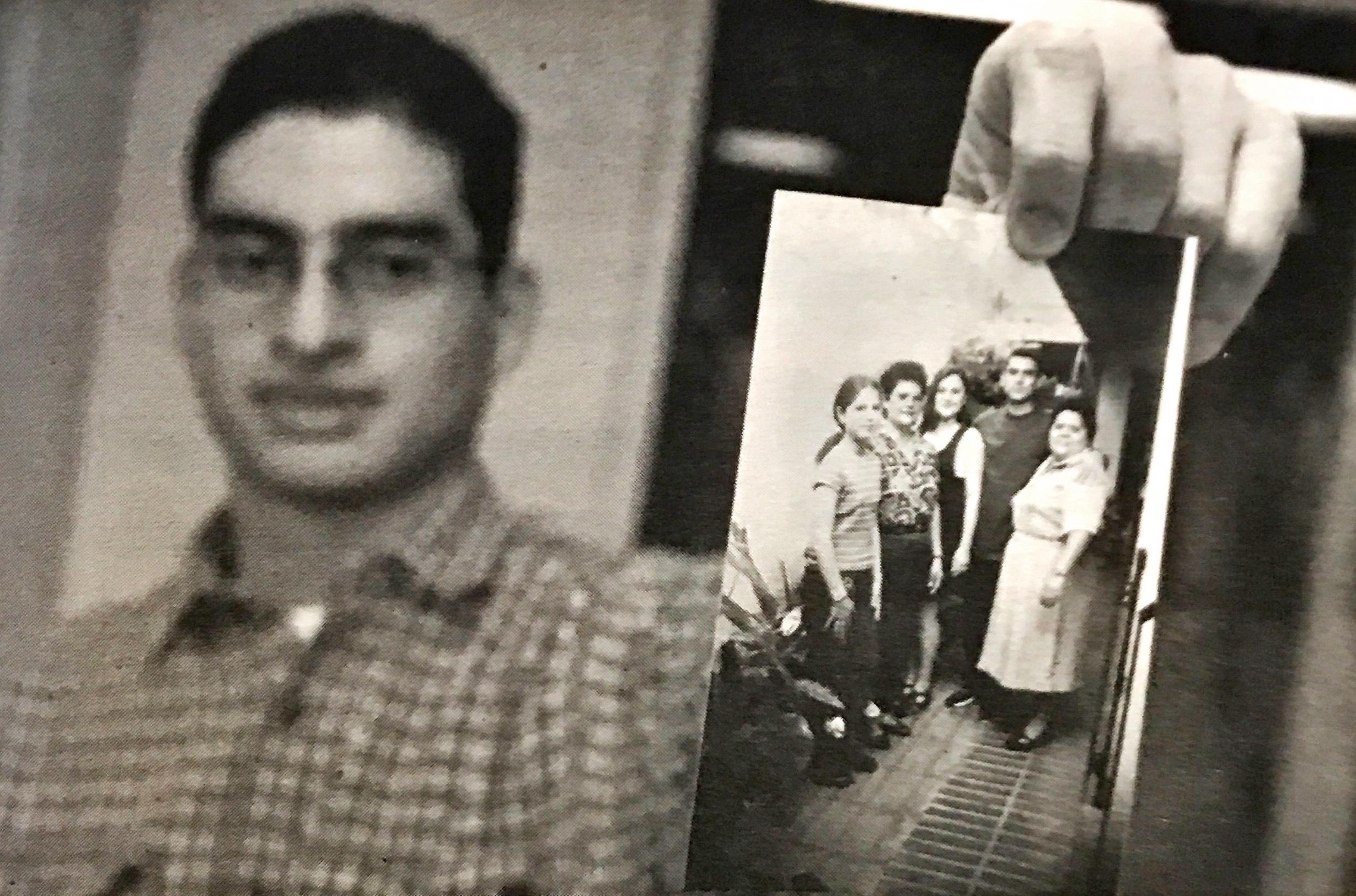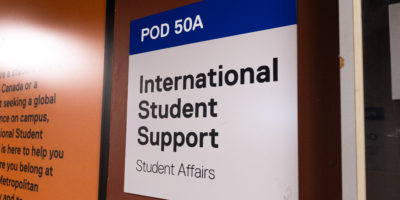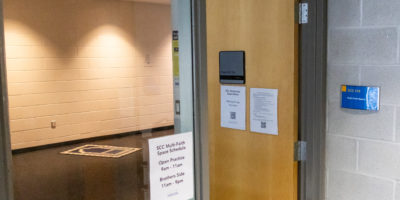By Graeme Smith
For more than 24 hours, Joaquin Martinez waited to find out whether his relatives were alive.
The fourth-year architecture student had read about the earthquake that devastated El Salvador on a news website shortly after it stuck on the afternoon of Jan. 13.
But international phone lines were jammed that evening and it wasn’t until midnight the next day that he finally spoke with his aunts and cousins.
“They were awake, panicked, with the aftershocks every half-hour,” Martinez said. The family was sleeping in their living room, near the door, belongings packed up, ready to run if another serious tremor hit.
His relatives’ home was cut off from water and electricity—and they were lucky. The quake and a string of powerful aftershocks have killed about 1,250 people in El Salvador, caused almost $3-billion in damage, and left about one in four people homeless. The damage totals keep climbing. Another tremor, registering 5.4 on the RIchter scale, rattled the country last wednesday.
Volunteers around the world have responded to the crisis, including, in their small way, the Latin American Student Association at Ryerson where Martinez is president.
The cultural club has raised $1,000 for relief efforts. Some of them have relatives in El Salvador, while others simply feel an affinity for the area’s troubles.
“It’s unimaginable to people who live here,” said third-year architecture Julio Cifuentes, whose family is from Guatemala. “We have an obligation to help.”
They were already planning a Valentine’s Day party for Feb. 9, and they hastily renamed it a fundraiser for earthquake aid.
The bash at Statik Nightclub on Yorkville Avenue drew 100 revellers and
raised $800, which will be combined with profits from their popular dance lessons at Oakham house on Tuesdays and Thursdays.
The group plans to send a cheque this week, but it’s waiting for the university administration to decide whether it will match their contribution.
The money will help the Salvadorean Canadian Association of Toronto, a group of about 50 volunteers. They work in the dark basement of San Lorenzo Anglican Church on Dufferin Street, near Lawrence Avenue West.
The sound of packaging tape echoes through the room as piles of food, clothes, medicine, and other supplies are bundled into boxes.
The cardboard boxes are stacked to the ceiling. Donations from across Canada have poured into this little church, says association president Nuria Ruiz, from jars of coins collected in elementary schools to shipments of Pepto Bismol to treat nausea induced by the ground’s heaving. These boxes will soon fill their third 1,800-cubic-metre industrial shipping container. They’re hoping to send a fourth. The group has also sent $65,000 in cash donations to their partners in El Salvador, an association of churches from several denominations.
The aid is desperately needed, Ruiz said, because the country is in disarray. The quakes destroyed farmland, collapsed houses, triggered mudslides, and cut power and water lines. Impromptu camps of survivors have sprung up in soccer fields.
“In the past, disasters would affect part of the country,” Ruiz said. “But this time, the whole country is affected.”
Not only is the country’s infrastructure damaged, Ruiz said, but the society itself is fraying. People live in fear of another major earthquake. The ground shakes every day. Unemployment is rampant. Last week, riots broke out over after citizens reported the government is stockpiling and selling relief supplies instead of giving them away.
This week, Ruiz will fly to El Salvador with three other volunteers. She’ll witness her group’s aid being distributed to the poorest remote areas, reachable only by boat since roads were wiped out. She also hopes to investigate the accusations of government corruption. And with the help of a volunteer psychologist, she plans to give seminars on how to treat victims of post-traumatic stress disorder.
“It had a big effect on people’s emotional health, since there’s a lot of terror,” she said.
She’s scheduled to fly back into Toronto next Tuesday to continue gathering supplies and raising money. The effort has taken on a note of urgency, she says, since El Salvador’s rainy season will arrive in late spring, bringing the threat of more mudslides. Tents and sleeping bags are especially needed, she said.
“Of all the things that happened to us, we never give up,” Ruiz said. “We go on.”













Leave a Reply